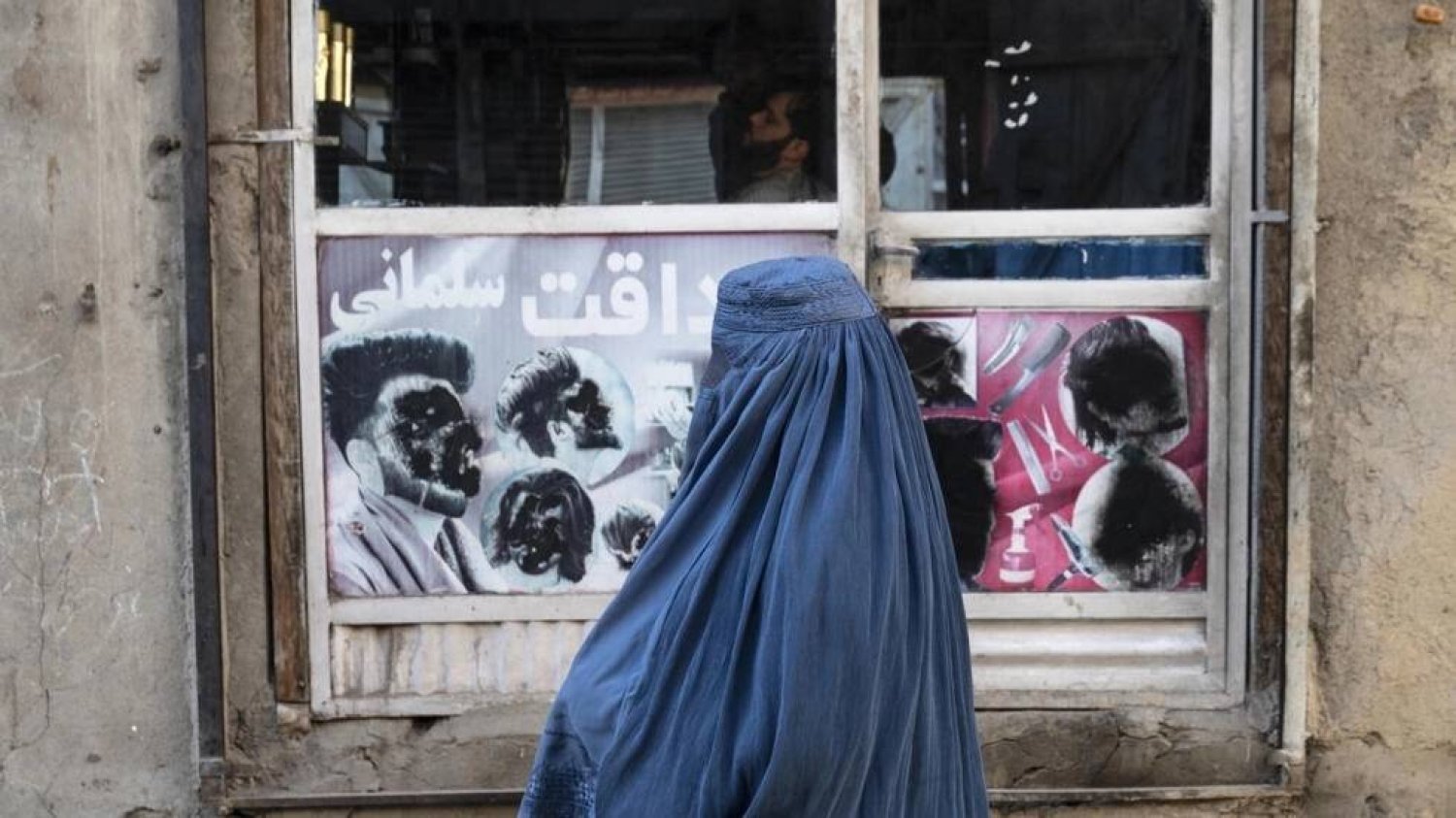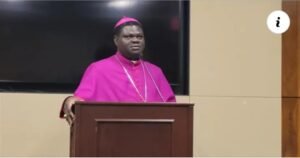Afghanistan special envoys convene in Doha amid uncertainty over Taliban participation

National and regional special envoys to Afghanistan are set to gather in Doha on Sunday for the second United Nations meeting within a year, with uncertainty prevailing over the participation of Taliban authorities.
The two-day meeting, facilitated by the UN Secretary-General, aims to deliberate on enhancing engagement with Afghanistan and fostering a more cohesive response to the situation in the Central Asian nation, as communicated by Antonio Guterres’ spokesperson during a press briefing on Thursday.
Since the Taliban’s resurgence to power in Afghanistan in 2021, the global community has grappled with its stance toward the country’s new leadership. As delegates assemble in gas-rich Qatar, a historic venue for Taliban negotiations with the United States, doubts loom over the administration’s involvement in the discussions.
Despite extending an invitation to Taliban authorities for the Doha gathering, following their exclusion from the inaugural meeting in May, their participation remains uncertain. According to a senior diplomatic source speaking to AFP anonymously due to the sensitivity of the matter, the Taliban government has stipulated that they will only attend if they are the sole representatives of Afghanistan, thereby excluding civil society representatives.
On Saturday, Taliban authorities reiterated their conditions to the United Nations, emphasizing that their engagement in the UN-convened talks would be deemed futile if these conditions were not met. The Taliban’s government in Kabul, lacking official recognition from any other government, has imposed strict Islamic laws, with women bearing the brunt of what the UN characterizes as “gender apartheid.”
Many governments, international organizations, and aid agencies have either severed or significantly reduced their funding for Afghanistan in response, exacerbating the country’s already precarious economic situation. Additionally, the meeting in Qatar will deliberate on the recommendations of a UN independent assessment on Afghanistan, advocating that recognition of Taliban authorities be contingent upon the removal of constraints on women’s rights and access to education—a proposition rejected by the Taliban government.
Ahead of the Doha gathering, Tomas Niklasson, EU Special Envoy for Afghanistan, highlighted the event as a “significant opportunity” for meaningful discussions and a chance to chart a path forward based on the UN-led process. Echoing this sentiment, the UN’s Working Group on Women, Peace, and Security emphasized the non-negotiable nature of Afghan women’s rights and stressed the need for prioritizing discussions on respecting and upholding these rights within the international engagement framework on Afghanistan.







